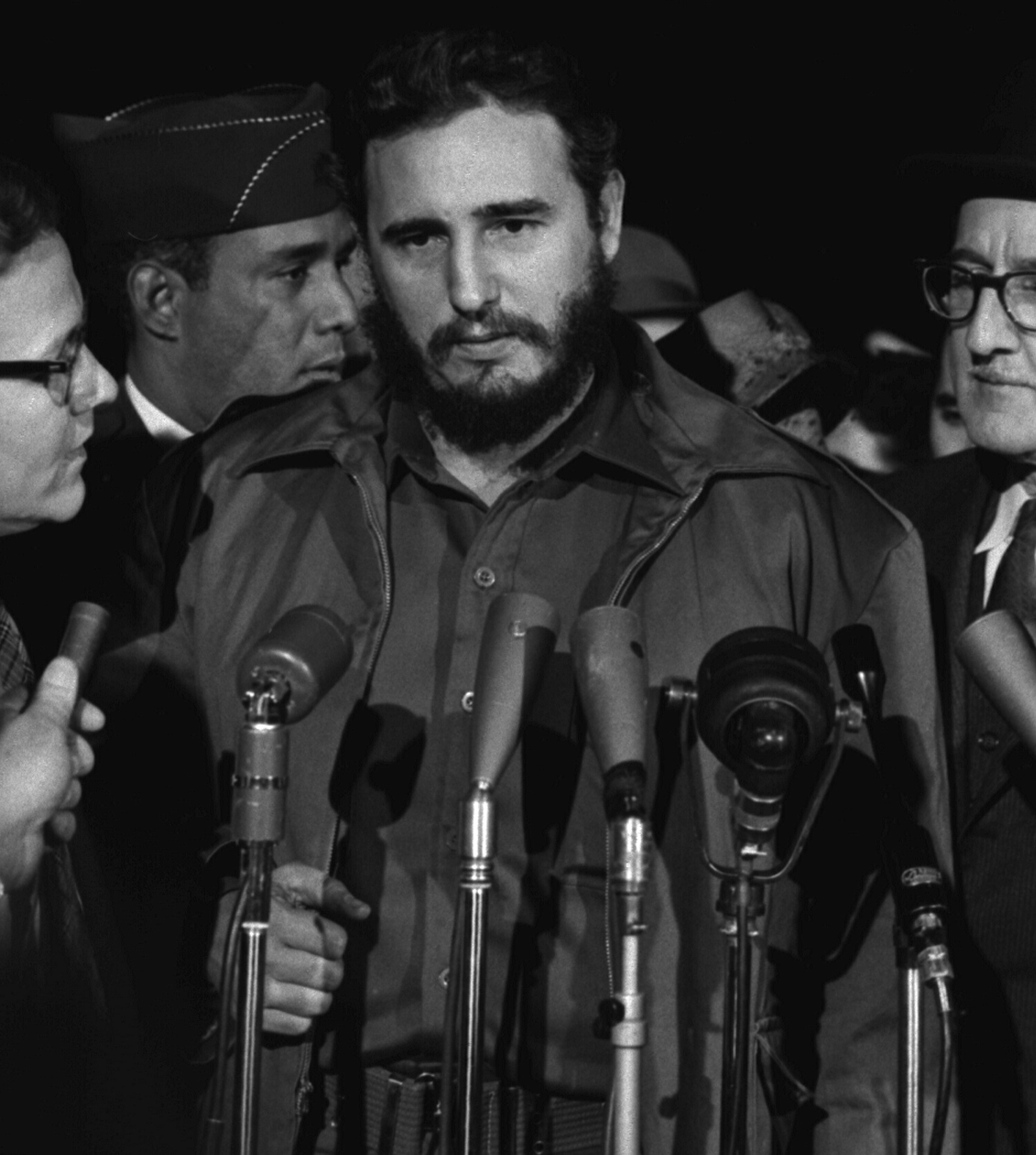We were at the office when our phones buzzed with a series of notifications, as news of Fidel Castro’s death spread across the world on Friday. The media reacted and suddenly CBC and CTV News had correspondents on the ground in Havana interviewing Cubans in mourning, while also producing segments recounting the dictator’s long, politicized life.
Back home, several social media users—including Concordia students—were sharing their sadness and grief online, reacting as if the Dalai Lama or Mother Teresa had just died.
There’s only one problem though—Fidel Castro was no saint. He was a cruel dictator who oppressed and terrorized the Cuban people for nearly 50 years. Anybody who remembers him fondly is ignoring his trail of human rights violations, while openly supporting a communist regime.
In case you have no idea who we’re talking about, Fidel Castro was the communist leader of Cuba, the island nation just 90 kilometres south of the Floridian peninsula. Yes, the same island where you go on vacation every winter with your family and complain about the ‘gross’ food afterwards.
According to several biographers, Castro was born in 1926 and grew up near Santiago de Cuba on his wealthy father’s sugarcane farm. He reportedly threatened to burn down the farm on several occasions in his adolescence unless his father increased his worker’s wages, demonstrating his dedicated advocacy.
Castro studied law at the University of Havana and was very critical of Fulgencio Batista, Cuba’s president and dictator in the 1940s and 50s. In 1959, Castro successfully led a socialist revolution, overthrew the Batista regime and began to consolidate power.
The United States—which supported the Batista regime—condemned the revolution and placed economic sanctions on the island, with the CIA failing several times to assassinate Castro. In 1961, a group of about 1,400 Cuban dissidents tried to regain control of the island by landing in the Bay of Pigs. Castro’s revolutionary forces ended up repelling these American-backed invaders, and the world watched this tiny island repel a mighty imperial power.
Relations with the United States reached an ultimate low in 1962, when the CIA discovered the Soviets were sending nuclear warheads to the island. From Oct. 14 to 28, the world teetered on the verge of nuclear war, during what became known as the Cuban Missile Crisis. Nikita Khrushchev—the leader of the Soviet Union—eventually agreed to remove the warheads from the island, averting a catastrophe was averted.
Cuba has always been the underdog fighting the almighty imperial and capitalist superpower, and at a first glance, one might think Cubans a sweet deal. After all, the literacy rate is almost at 100 per cent and the country has free universal health care, with an average of 6.72 doctors for every 100 people, compared to the United States’ 2.45 doctors for every 100 people, according to CBS News Sunday Morning.
Despite these positive aspects, we cannot forget Cuba’s past and present human rights violations. Over the last 50 years, more than 3,100 known executions by firing squad have taken place, usually targeting political dissidents, according to the nonprofit organization Cuba Archives.
There were also 6,200 arbitrary detentions between January and August 2015 alone, meaning political dissidents are continuously persecuted for speaking out against the communist state, according to the Human Rights Watch. The total number of political prisoners over the last 50 years is unknown, but likely very high.
Don’t even get us started on Cuba’s policy regarding homosexuals. In the years following his takeover, the police began rounding up gay men and placing them in work camps called Military Units to Aid Production (UMAP) according to The Daily Beast. Although these camps closed in the late 60s, homosexuals were still persecuted by the regime afterwards and were fired from their jobs and weren’t allowed to join the Communist Party, according to the same source.
During the 80s when the first cases of HIV were discovered on the island, the government responded by establishing sanitariums, which were quarantine centers that kept patients away from the rest of society, according to the New York Times. These sanitariums were referred to as “pretty prisons,” by Jonathan Mann, the first AIDS director at the World Health Organization, and were seen as a direct threat against the LGBT minority within the country.
Let’s not overlook the number of Cubans living in America either. According to CBS News, there are around 1.1 million Cuban Americans in the U.S., meaning one tenth of the Cuban population has fled the island nation to seek refuge in America.
This exodus proves that life isn’t great for everyone on the island. So next time you like a Facebook status or reminisce about Castro’s glorious achievements, think twice and remember he’s no angel in a revolutionary uniform.
